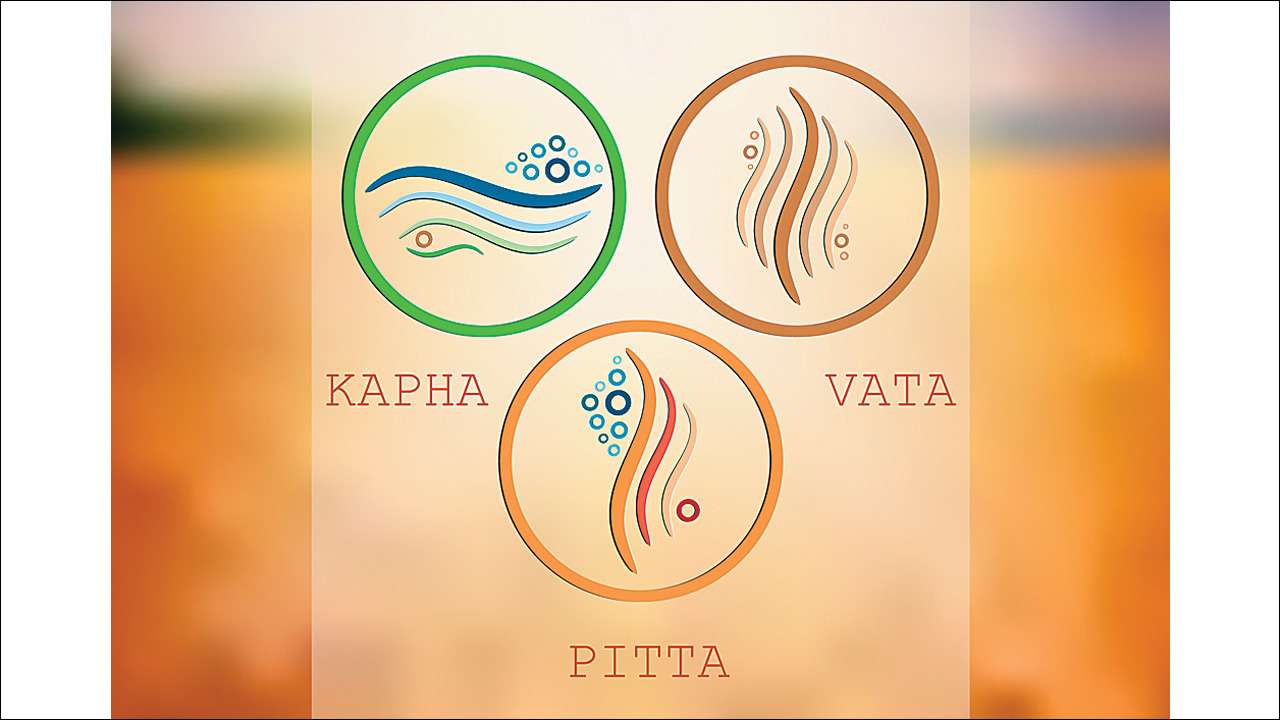
All your father’s symptoms indicate an imbalance in the Vata dosha. Ayurveda has divided the life span of human beings into three parts, according to age. In childhood, Kapha dosha is dominant, in youth, it is Pitta dosha and in old age its Vata dosha. Thus, one has to focus on minimising Vata dosha.
Two tablets of Yogaraj Guggul twice a day with water and half a teaspoon of Ashwagandha churna with ghee and sugar will be beneficial. Abhaynga or oil massage is the best remedy suggested in Ayurveda for Vata. Applying Abhyanga sesame oil all over the body twice a week is a must for your father. He can take a shower an hour after application if needed. Apply Kundalini oil on the entire spine, neck and shoulder twice daily, followed by fomentation with a hot water bottle. Medicated oil enema or basti taken under proper supervision also helps to a great extent. Shankhavati or Annayoga tablets after lunch and dinner will help improve his digestion and offer overall improvement.
For excess salivation, Ayurvedic oil pulling (kaval) with Irimedadi oil or Sumukh Vata oil is suggested every morning. Take one tablespoon of oil (you can take it with an equal amount of water) swish the oil side to side in the mouth for 10 minutes. Spit the oil out and rinse.
A good diet is also essential. Start the day with a rasayan tonic like Chyavanprash. Give him freshly cooked warm breakfast like upma, followed by a cup of milk. Make sure to include 4-5 teaspoons of pure Ayurvedic ghee in your daily meals and drink small quantities of hot water throughout the day especially during meals. Avoid overloading the stomach at dinner time. Soft khichadi or rice with vegetable soups are best for him at night. You may send us the reports for further guidance.
Actually the answer to your question would include the entire treatise on Ayurveda by Masters like Charakacharya or Acharya Vagbhat. The science of Ayurveda is all about keeping a healthy balance between the three doshas – Vata, Pitta and Kapha. Seminars on this subject are popular all over the world. This has become a global trend such that nowadays one can buy anything ranging from toothpaste to herbal tea labelled Ayurvedic or meant for Vata, Pitta, Kapha constitutions!
Individual body types are determined based on the dominant doshas. Various permutations and combinations of the doshas are possible in a person and determining constitution is a meticulous process best done by an expert Ayurvedic vaidya.
For a broad idea, one may say that Vata persons are either too tall or too short and always weigh below the BMI index. Air and space are the principal elements of the Vata dosha, so dryness (dry eyes, hair, skin, brittle nails, split ends etc.) is one of the hallmarks of Vata. They usually suffer from constipation and joint pains and the problems increase during monsoons. Pitta personalities are delicate with yellowish-red eyes, skin that gets rashes easily and light coloured hair. Being dominated by the fire element, the digestive fire-agni is naturally strong in them. Pitta individuals cannot tolerate hunger or exposure to intense heat or sunlight. They are prone to burning palms and soles, diarrhoea, acidity and bleed easily. They are intellectually keen and may easily lose temper. Kapha individuals are more healthy and happy-go-lucky type. They have a good physique with nicely toned muscles and soft yet firm skin, being dominated by the earth and water elements. They like sedentary jobs and are ambassadors of peace. They have a tendency towards swellings and obesity, even though they may eat less.
Coming to your question about food habits, here is a broad outline. For Vata constitution, foods like capsicum, brinjal, high-protein beans, cabbage, cauliflower, aerated drinks increase Vata and are best avoided. Any dry, stale food or even fermented foods are best avoided. Pitta dominated individuals should avoid oily, spicy, pungent, deep-fried stuff that increases Pitta dosha. Tomato or chilly in excess, tamarind, pineapple, peanuts, kulith beans should be avoided. Paneer, cheese, curd, shrikhand, yoghurt, banana, custard apple, jackfruit are all Kapha increasing foods and should be avoided by Kapha dominated individuals. Chilled drinks and ice cream at night are a strict no-no for the Kapha dominated individuals.
These three doshas are present in complex combinations in every individual. An individual is almost never purely Kapha, Vata or Pitta dominated. Usually, they are a combination of any two dominant doshas. The doshas also keep varying according to time of the day or night, at every season and age of the person. Even the imbalance in doshas during a particular disease may be different from the dominant constitutional doshas. Constitution diagnosis is an intricate science and art and it is best to consult the Ayurvedic expert once who may give a detailed chart of ideal diet and lifestyle suggestions for you.
The author is founder of Atmasantulana Village, a world-renowned holistic healing centre. ayurveda@dnaindia.net